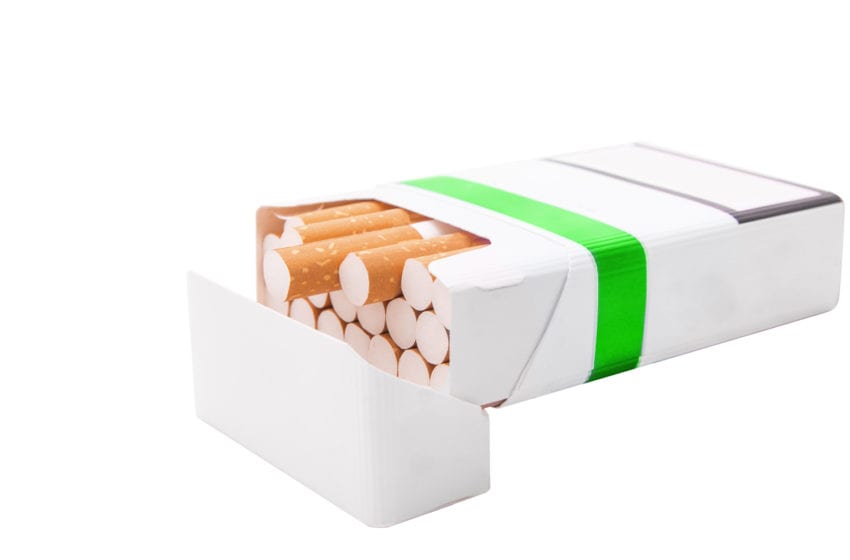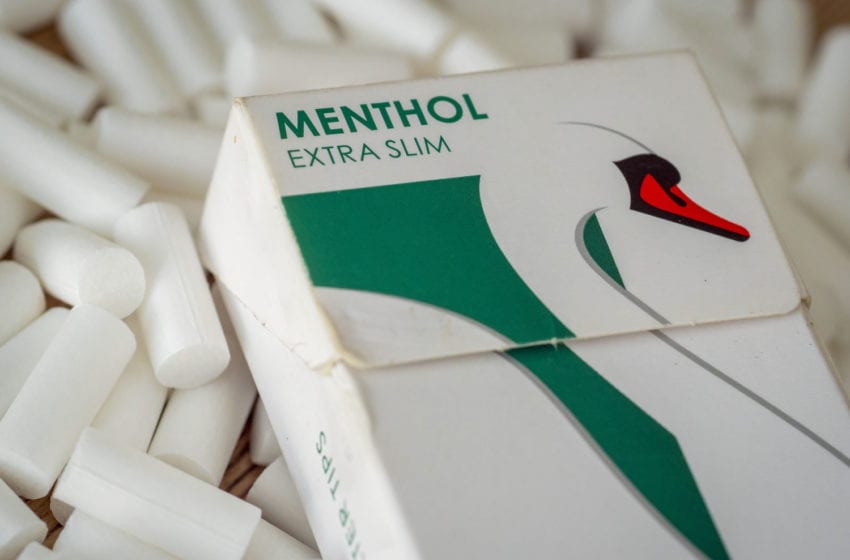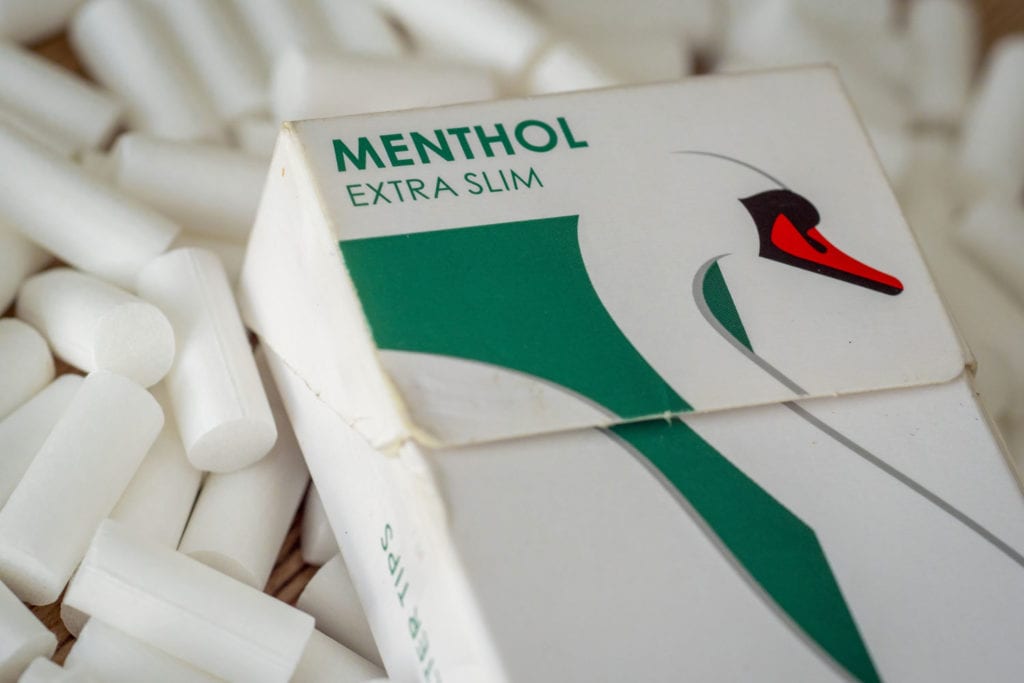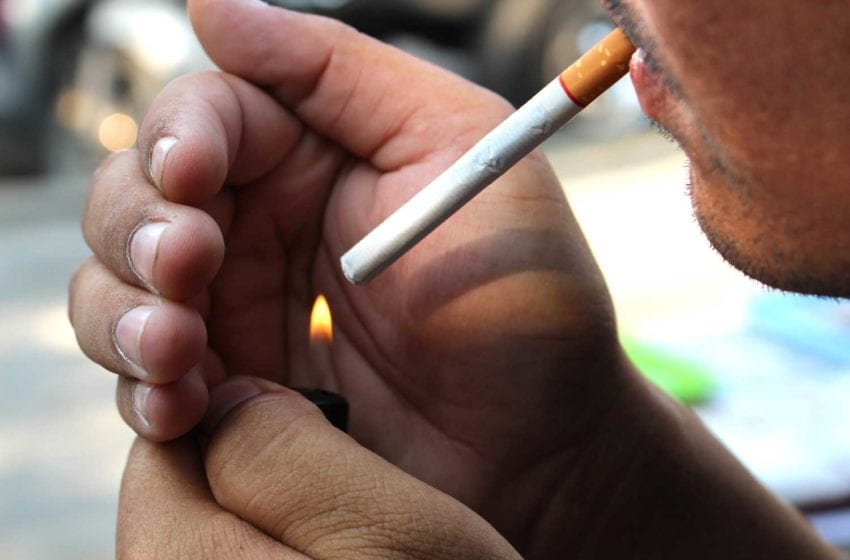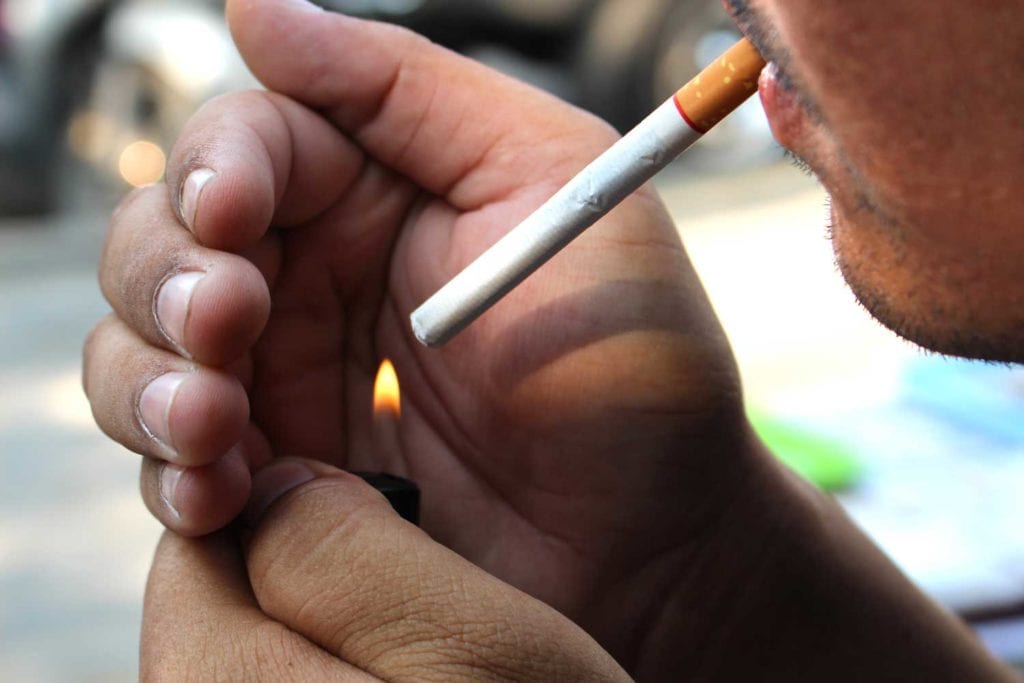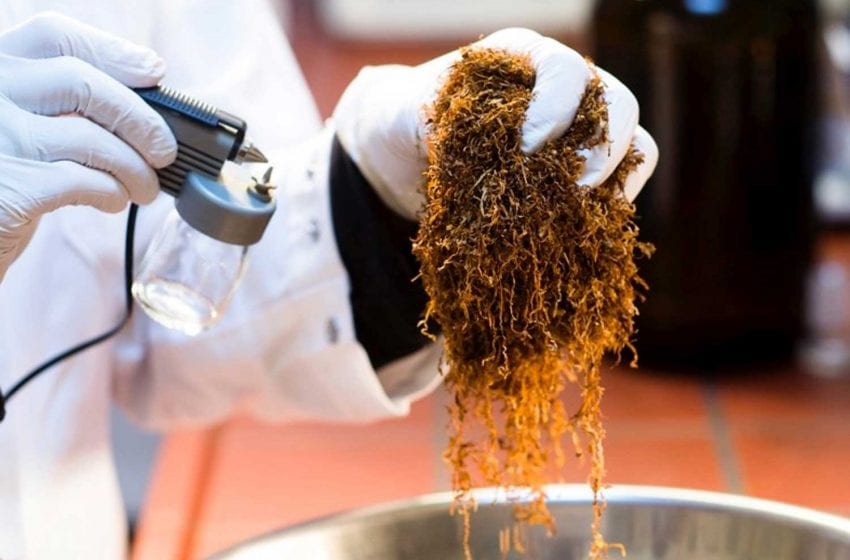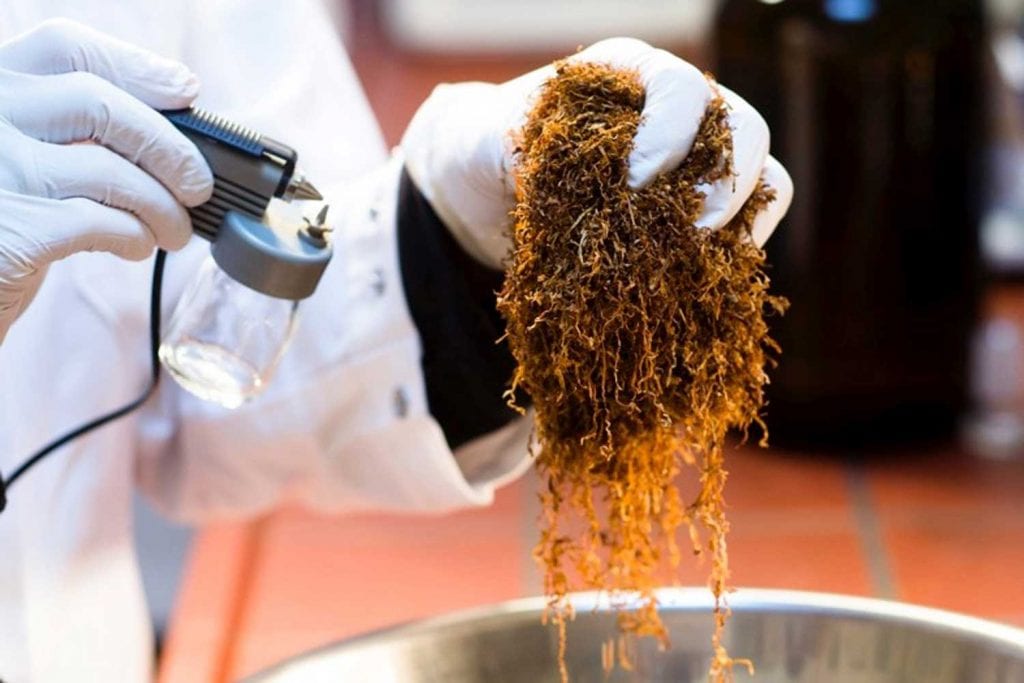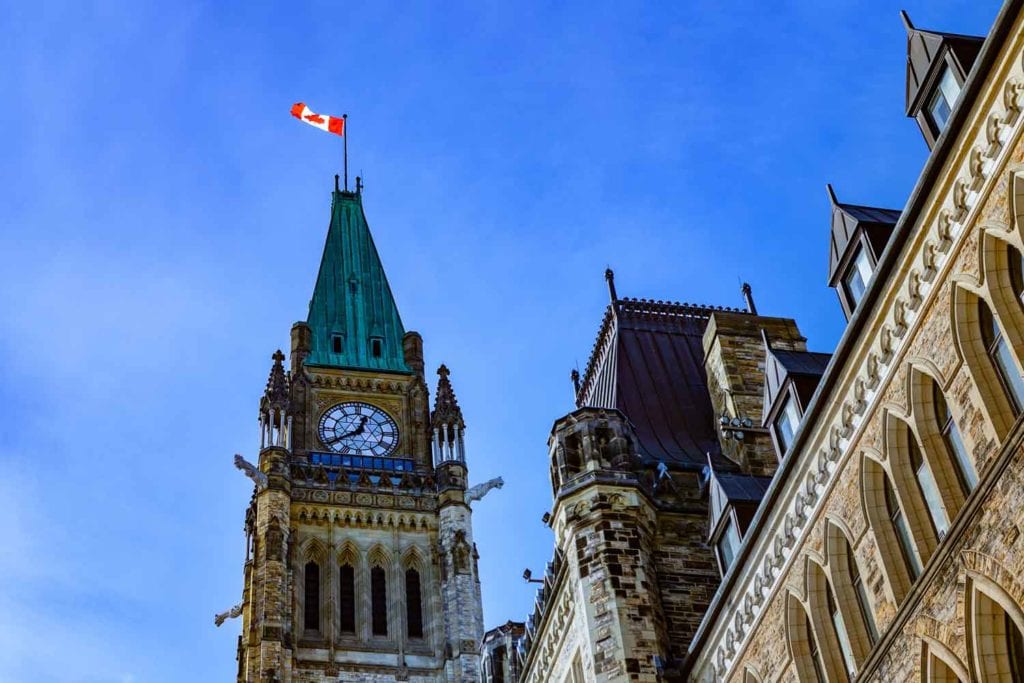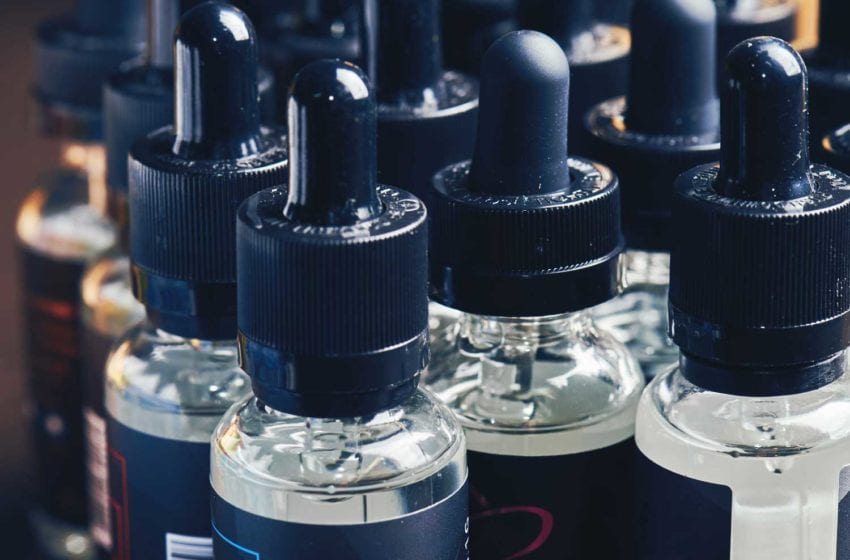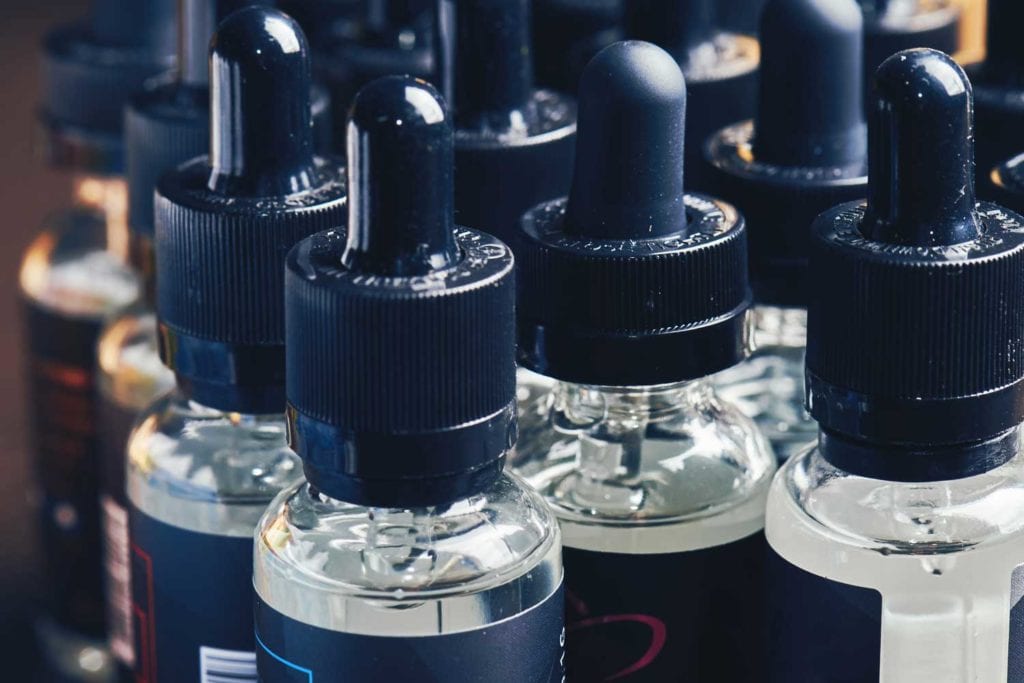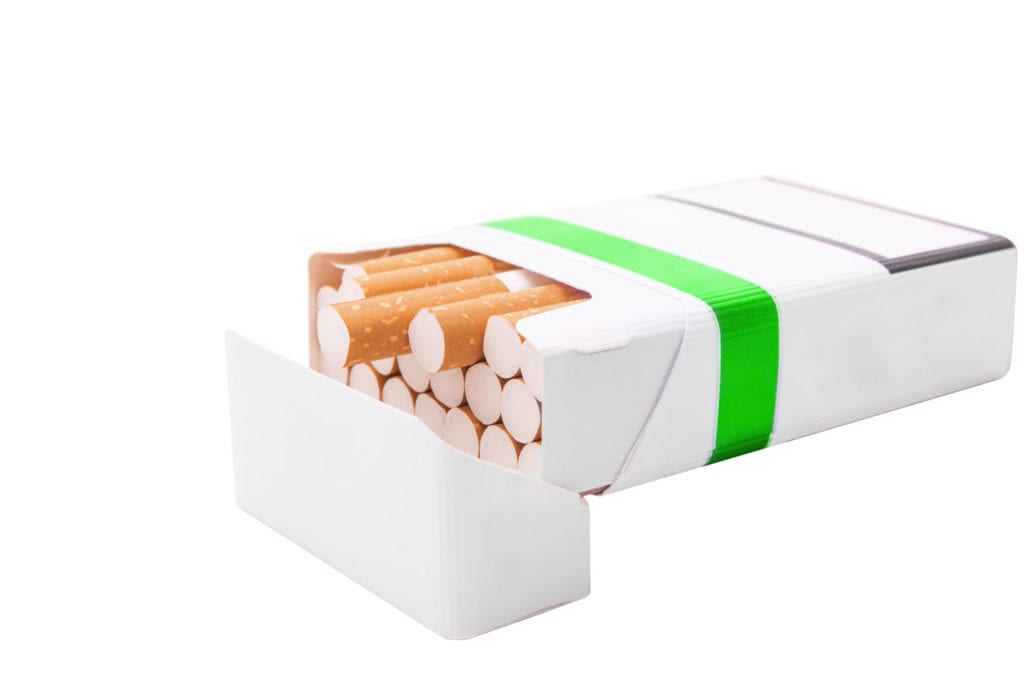
Public Health England and other health groups have asked the U.K. government to prohibit the sale of “menthol replacement” cigarettes such as NewSuperking Green and Sterling New Dual, reports Express.
Despite a nationwide ban in the U.K. on the sale of menthol cigarettes, Japan Tobacco International has sold more than £1 billion ($1.33 billion) worth of cigarettes laced with menthol in the past year since the ban went into effect, according to critics.
JTI insists its brands comply with the law. “We no longer sell cigarettes with characterizing flavors (including flavored capsule cigarettes),” the company stated. “Cigarettes with a characterizing menthol flavor have been banned from May 20, 2020. We are confident all our products are fully compliant with U.K. law. Some JTI cigarettes and rolling tobacco sold in the U.K. do still contain very low levels of menthol. This is not prohibited under the law, provided the use of such flavorings does not produce a clearly noticeable smell or taste other than one of tobacco—which they do not.
“The launch by competitors of similar products in EU markets shows they, too, are confident that products with low levels of menthol are permitted by law. All the ingredient information for our new products was shared with the authorities at both U.K. and EU level via the EU Common Entry Gate (EU-CEG) prior to their being placed on the market, so there is full transparency throughout this process. We look forward to providing further information if requested by the authorities.”
Tobacco companies across Europe have been introducing alternatives to their discontinued menthol brands since the EU banned such tobacco products in May 2020. Last year, cigarette manufacturers came under scrutiny in Ireland for supposedly sidestepping the measure.

